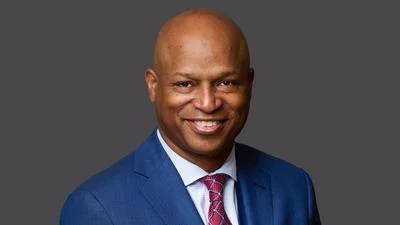Illinois lawmakers are butting heads over budget allocations while state offices and embattled municipalities manage with a minimum amount of money.
Part of what’s at stake is the level of funding in a program set up in 1969 called the Local Government Distributive Fund (LGDF). Under the LGDF, municipalities and counties get a percentage of state income tax revenue. It was originally 10 percent, but the state cut it to 8 percent in 2011 to help the state pay for itself.
Now, the House has passed a bill to bring back the 10 percent LGDF level of funding.
But the Senate is a different story.
An April 4 report on OakPark.com said state Sen. Don Harmon (D-Oak Park) has a warning for local officials in his district: That extra LGDF money probably isn’t coming anytime soon.
In fact, Harmon said Gov. Bruce Rauner wants to cut the LGDF funding levels even more and expressed frustration with a partisan struggle over more comprehensive budget numbers.
While it might seem that some legislators champion the release of state funds to municipalities, Mark Glennon of Wirepoint.com says that’s not the whole story.
Speaking to the West Cook News on April 5, Glennon said that while Democrats are arguing for higher LGDF funding, they are also quietly backing other legislation that could divert some of that money into “mortgage” systems related to bond issuance. That would happen because money flowing to municipalities is usually mortgaged to secure payment to bondholders, he said.
“That bill (raising LGDF levels) would pay more money to some of our municipalities, some of which are struggling,” Glennon said. “But it’s a bit of a contradiction.”
The argument for pushing funds into mortgage security is that it would help governments to borrow money, but Glennon questioned whether that makes sense right now.
“Borrowing money is the last thing we should be doing.” Glennon said.
Glennon characterized public statements by Harmon on the LGDF as “grandstanding,” given the different types of bills now under consideration. Providing more funds to municipalities under the LGDF could get tied up in mortgage-related systems, while “feeding the beast” of municipal debt, he warned.






 Alerts Sign-up
Alerts Sign-up